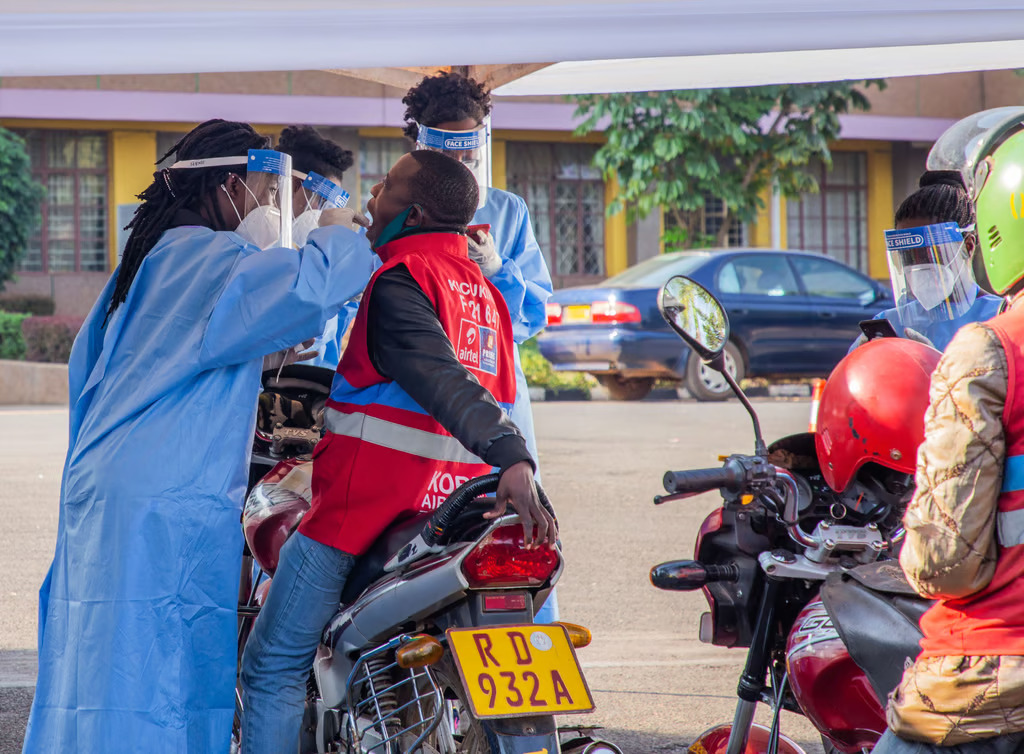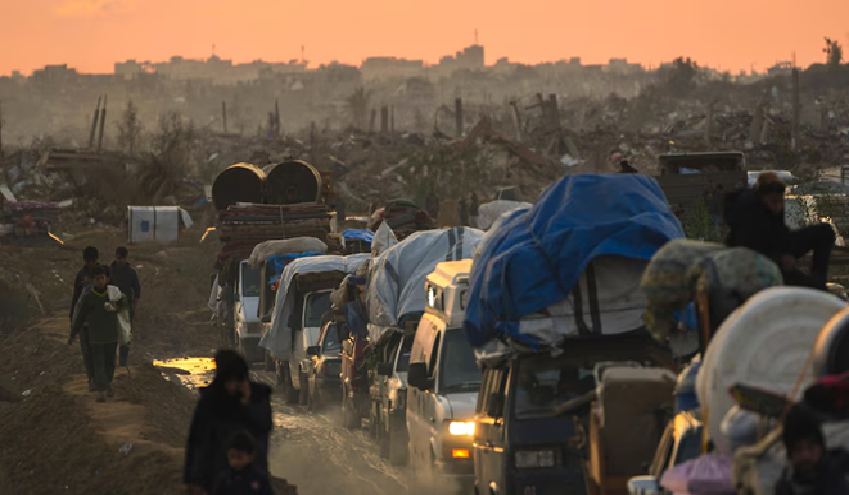
Rwanda reports 8 deaths linked to Ebola-like Marburg virus
Associated Press Kigali (Rwanda): Rwanda says eight people have died so far from the Ebolalike and highly contagious Marburg virus, just days after the country declared an outbreak of the deadly hemorrhagic fever that has no authorized vaccine or treatment. Like Ebola, the Marburg virus originates in fruit bats and spreads between people through close contact with the bodily fluids of infected individuals or with surfaces, such as contaminated bed sheets. Without treatment, Marburg can be fatal in up to 88 per cent of people who fall ill with the disease. Rwanda, a landlocked country in central Africa, declared an outbreak on Friday and a day later the first six deaths were reported.
So far 26 cases have been confirmed, and eight of the sickened people have died, Health Minister Sabin Nsanzimana said on Sunday night. The public has been urged to avoid physical contact to help curb the spread. Some 300 people who came into contact with those confirmed to have the virus have also been identified, and an unspecified number of them have been put in isolation facilities. Most of the affected are healthcare workers across six out of 30 districts in the country. Marburg is a rare disease," Nsanzimana told journalists. We are intensifying contact tracing and testing to help stop the spread. The minister said the source of the disease has not been determined yet. A person infected with the virus can take between three days and three weeks to show symptoms, he added. Symptoms include fever, muscle pains, diarrhea, vomiting and, in some cases, death through extreme blood loss.
The World Health Organisation was scaling up its support and will work with Rwandan authorities to help stop the spread, WHO's Director-General Tedros Adhanom Ghebreyesus said on Saturday on the social media platform X. The US Embassy in Rwanda's capital of Kigali has urged its staff to work remotely and avoid visiting offices. Marburg outbreaks and individual cases have in the past been recorded in Tanzania, Equatorial Guinea, Angola, Congo, Kenya, South Africa, Uganda and Ghana, according to the WHO.
 English daily published in Bengaluru & Doha
English daily published in Bengaluru & Doha






